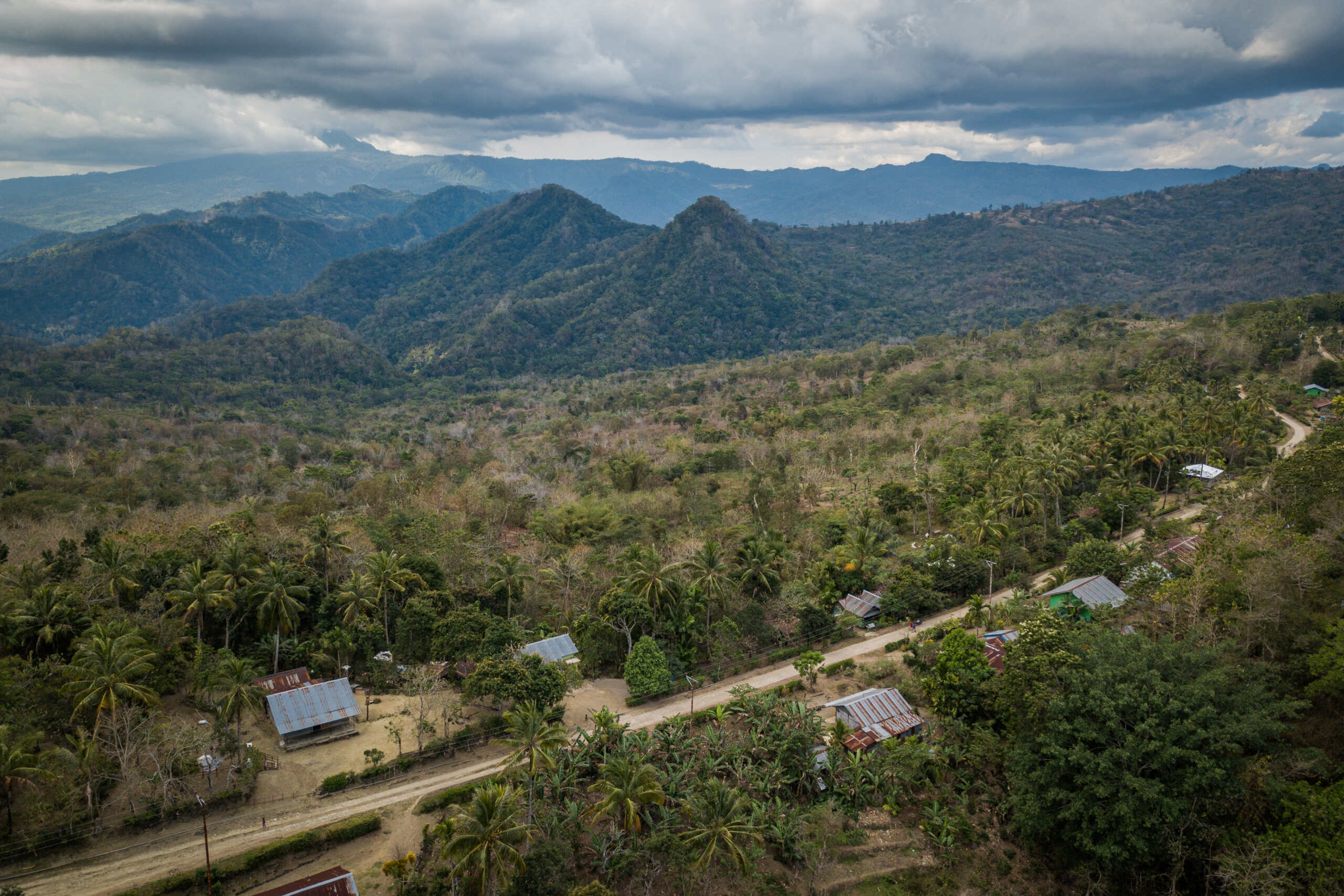Practical tips for church inclusion of people with disabilities during COVID-19
Stories | May 15, 2020
As we practice social distancing and self-isolation in order to limit the spread of COVID-19, many churches have radically adapted the ways that they operate. Church services are being live-streamed and small groups are meeting online.
How can churches ensure they are inclusive of people with disabilities as we connect in these new ways?
In 1 Corinthians 12:12-26, Paul describes the church as being like a body. Every person in a congregation is a body part; each has a unique and crucial part to play in the functioning and health of the body and each is dependent on the health and functioning of every other part. By using the metaphor of a human body, Paul is saying that every person has a vital part to play and a contribution to make in their church community.
Therefore, when churches are accessible and inclusive of people with disabilities, they are enriched by the participation of all their members.
Here are some practical tips on how churches can be inclusive of people with disabilities and their families:
- Ask the members of your congregation who have disabilities and their families. What is required for them to be able to fully participate in online church activities?
- Investigate how accessible the digital platforms and applications you are using to communicate and hold online church are. Do they meet the needs of all the people in your community?
- Allow time for everyone to contribute. It can be difficult to contribute to an online discussion especially one you are still learning to use. Practice pausing and intentional silence, so that everyone has the time and opportunity to share their input.
- Provide information in advance so that people can reflect and process before the discussion, e.g. If a topic or Bible passage is going to be discussed.
You may already be including people with disabilities in other ways. Share your ideas.
During this time of social distancing, we deeply need to connect with each other. If we seek to ensure that everyone within our communities is connected with others, we will all be better off.
Author: Stevie Wills
Stevie is a Community Education Officer at CBM Australia. Through public speaking, performance poetry and writing she advocates for the inclusion of people with disabilities and for the work of CBM. Stevie wants all people with disabilities to have opportunities to reach their potential, just as she has had.
https://www.cbm.org.au/stories/practical-tips-for-church-inclusion-of-people-with-disabilities-during-covid-19
Related Stories

Week 3 – Lent series 2026
This week, we’re reflecting with our colleague Christian, Supporter Relationship Specialist at CBM Australia, who turns to John 13:34–35 (NIV): “A new command I give...

Week 2 – Lent series 2026
As we continue our Lent journey, we’re grateful to share a heartfelt reflection from CBM Australia’s Head of Program Impact Operations, Kieran Cummins, who...

Building inclusive, climate resilient communities in Bangladesh
Highlights from DFAT Post’s visit In January 2026, representatives from the Australian High Commission in...
